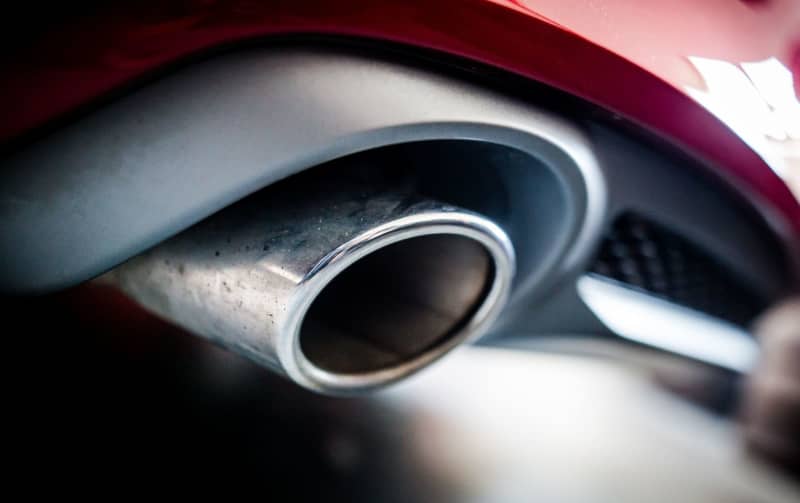E-fuels seem like a viable, low-emission alternative to fossil fuels, but many motorists question whether regular cars can run on synthetic fuels.
A new study by the German automobile club ADAC, which hired experts from the TU Darmstadt, has shed light on this and concluded that most modern cars can indeed run on e-fuels without any modifications.
The test used Eco100Pro petrol, certified as 100% fossil-free. The scientists concluded that there was no technical risk for modern engines after subjecting them to a series of rigorous tests.
The engines were used in bench trials, on the race track in the ADAC XC Cup race series and in a production car in road traffic. “There was no loss of power and torque compared to premium petrol from the petrol station and no higher fuel consumption,” according to the ADAC.
The club said there was also no technical risk to the combustion engine from using Eco100. “The e-fuels also left at least 77% less carbon dioxide emissions when burned.”
However, critics say the energy required to produce e-fuels is outweighed by the carbon savings they provide motorists, and they are still not carbon neutral, even if renewable energy sources are used to produce them.
In the long run, e-fuels will likely prove too expensive and inefficient to replace electric vehicles. But proponents are confident they can play a role in keeping the many millions of ICE cars on the road until the electric transformation is complete.
According to the ADAC report, the tested e-fuel can achieve CO2 savings of up to 92%, provided that renewable energy sources are used for its production.
Technical President Karsten Schulze called the research results encouraging, because they showed “that existing vehicles can also be converted to sustainable and climate-friendly mobility”. However, the relatively high price of e-fuels is currently holding back their widespread use.
Earlier ADAC data also raised hopes among diesel car owners, as HVO diesel or ‘hydrotreated vegetable oil’ has a better CO2 footprint than fossil fuels.
This fuel made from hydrogen-treated old vegetable oils and fat residues reduces the CO2 emissions of diesel vehicles by around 90%. However, according to the ADAC, the price per litre in Germany is €0.10 to €0.20 higher than the price of conventional diesel.







